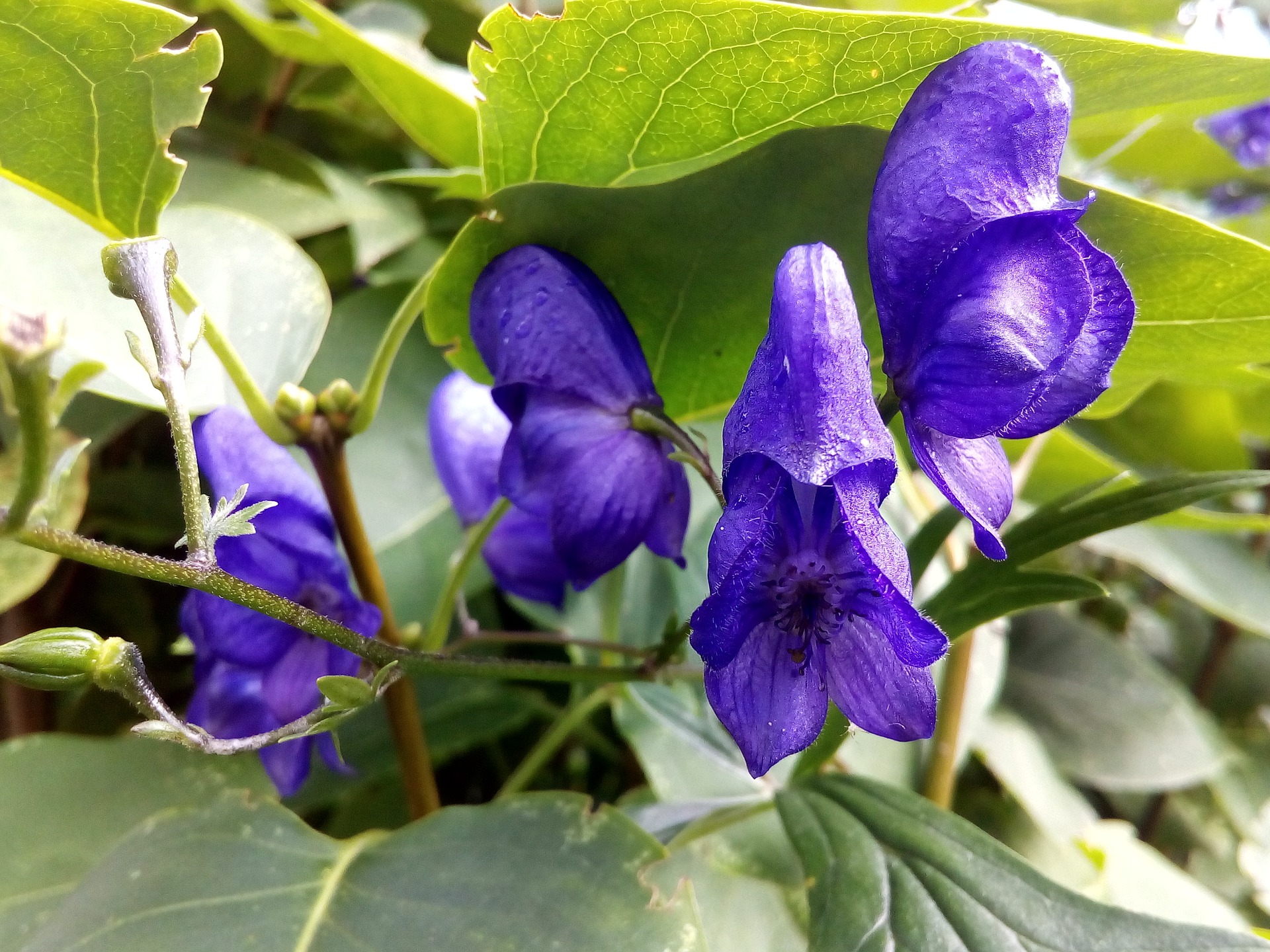Latin: Arctium Lapa
Traditional Chinese Medicine (TCM): Niu Bang Zi
“Burdock is used the world over as a blood-purifying agent as well as a diaphoretic, a diuretic, and an alterative.” (Robert Thomson, in “The Grosset Encyclopedia of Natural Medicine” (1980))
A “vaso-tonic alterative” (Menzies-Trull in "The Herbalist's Prescriber")
A “most valuable remedy for the treatment of skin conditions which result in dry and scaly skin. It may be most effective for psoriasis if used over a long period of time. Similarly, all types of eczema (though primarily the dry kinds) may be treated if Burdock used over a period of time … useful as part of a wider treatment for rheumatic complaints, especially where they are associated with psoriasis … It will aid digestion and appetite … in general Burdock will move the body to a state of integration and health…” (David Hoffman in “The New Holistic Herbal”).
Dan Bensky and Andrew Gamble, in “Chinese Herbal Medicine Materia Medica” say it is, “acrid, bitter, cold … disperses wind-heat … clears heat … vents rashes… moistens intestines…”




















